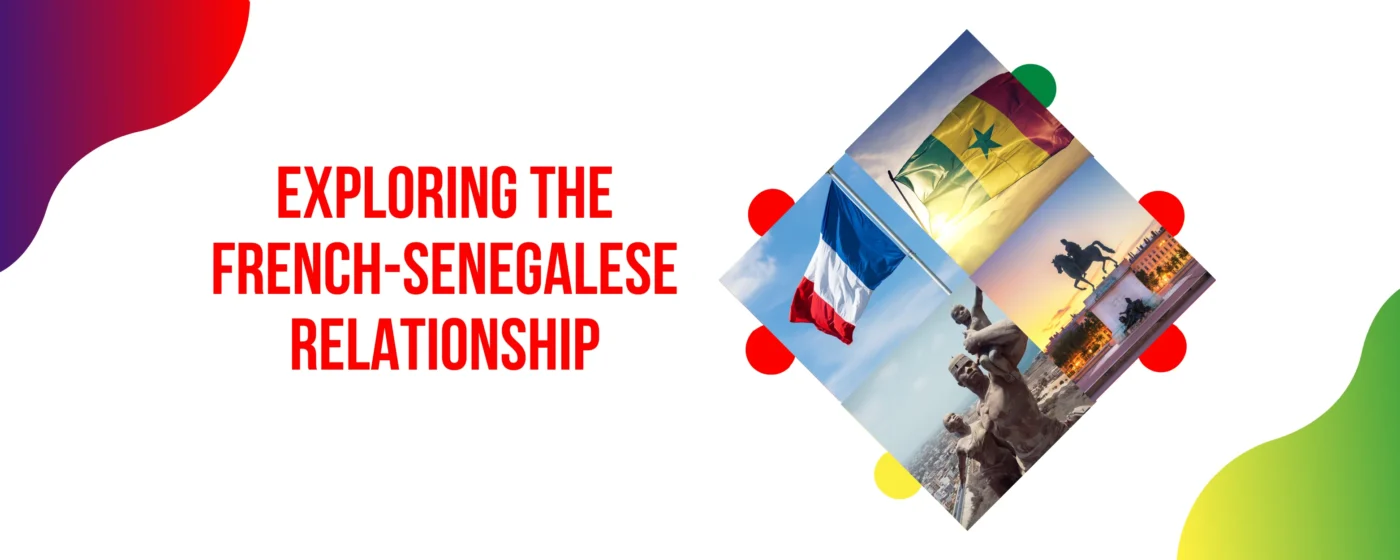France is renowned for its cultural richness and global influence. From iconic landmarks like the Eiffel Tower to exquisite cuisine, France captivates the world. French, a widely spoken language, adds to its allure. This article will reveal some lesser-known facts about this fascinating country. It will showcase France’s unique blend of history, culture, and modern-day significance. Prepare to be intrigued by the interesting and quirky aspects of France that make it truly special.
Faits de France
1. France’s Hexagonal Shape
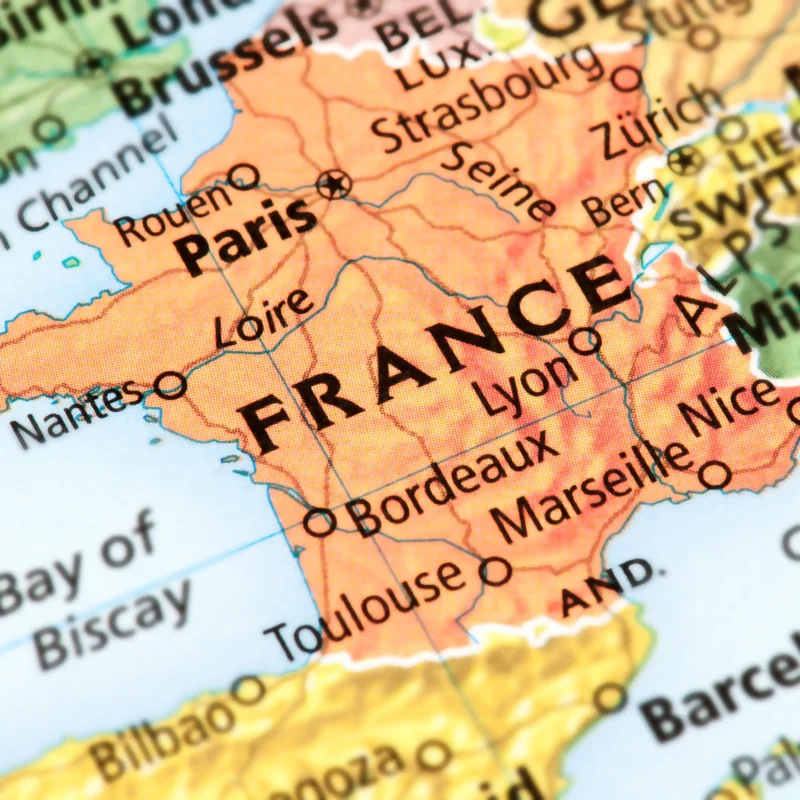

France is often called “L’Hexagone” due to its hexagonal shape. This nickname is common in local conversations and even in school textbooks. France spans approximately 640,000 square kilometres, making it the largest country in the European Union. This shape is not just a geographical feature but a symbol of national pride and identity. The six sides of the hexagon represent the diverse regions of France. Each region has its unique cultural and historical significance.
2. The Briefest Monarchy in History
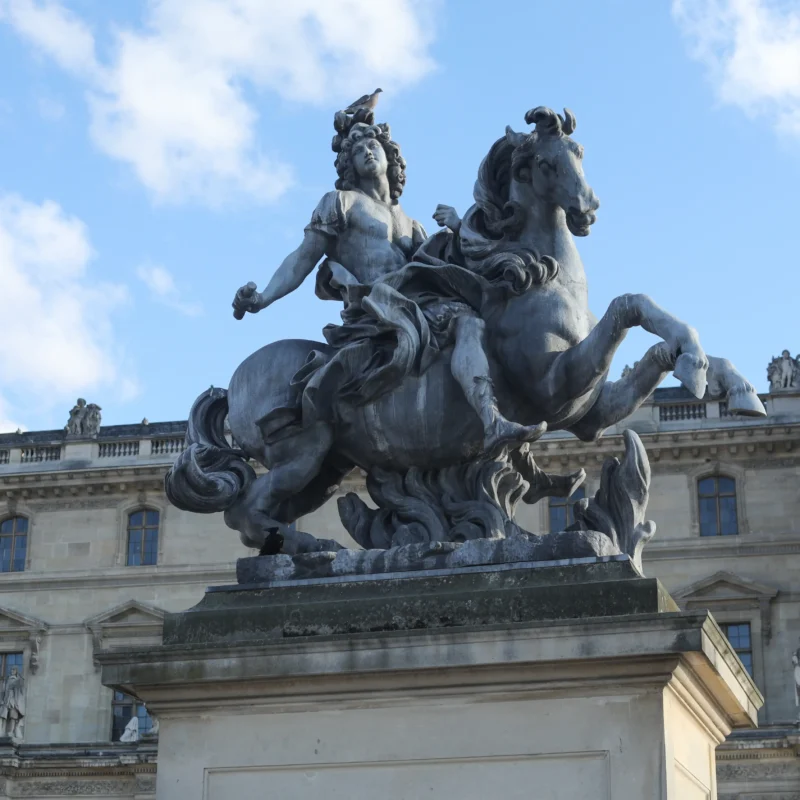

Louis XIX reigned for only 20 minutes, the shortest monarchy in history. This brief reign contrasts with Louis XIV’s long rule of 72 years. The July Revolutions of 1830 led to Louis XIX’s brief tenure, highlighting the turbulent nature of French history during that period. This short reign is a fascinating episode in France’s rich monarchical history, showcasing the rapid and often unpredictable changes in power.
3. French Cuisine Recognized by UNESCO
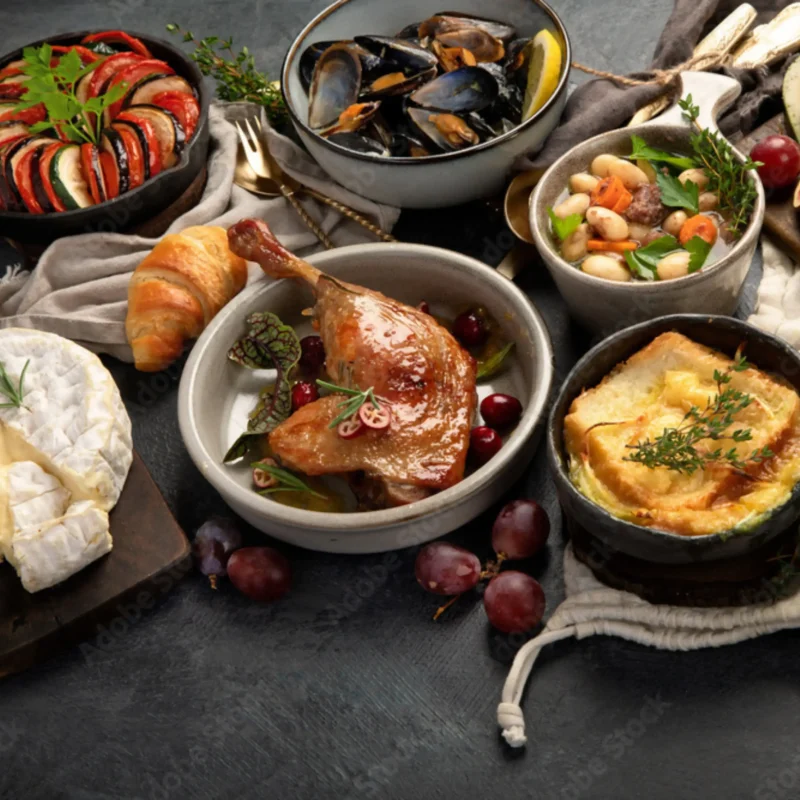

UNESCO recognises French gastronomy as an intangible cultural heritage. Iconic dishes include snails (escargots), beef bourguignon, and coq au vin. This recognition highlights France’s culinary excellence and the cultural importance of food in French society. French cuisine is celebrated worldwide for its flavour, variety, and tradition. From Michelin-starred restaurants to quaint bistros, France’s culinary scene is diverse and revered globally.
4. Snail Enthusiasm
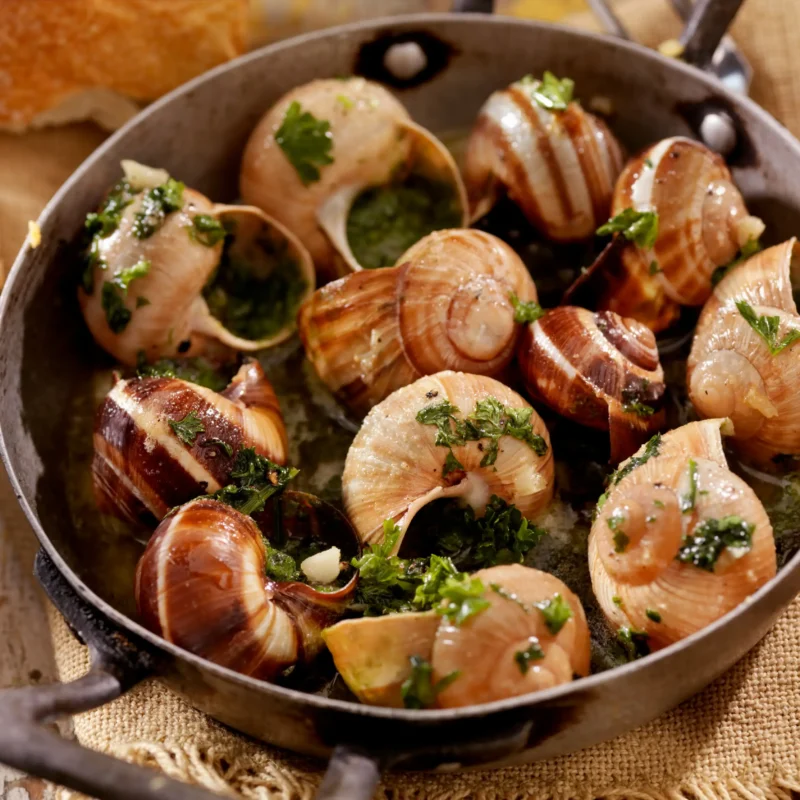

The French consume around 25,000 tons of snails annually. Traditional preparation involves garlic butter, parsley, and shallots. Snail consumption is a cherished part of French cuisine, often enjoyed during festive occasions. The preparation and consumption of snails, known as “escargots,” is a testament to the French appreciation for unique and diverse flavours. This delicacy is a must-try for visitors looking to experience authentic French dining.
5. Wine Consumption in France


The French consume about 40 litres of wine per person each year. Wine is integral to French culture and dining. It symbolises celebration and tradition, often enjoyed with meals and during social gatherings. France’s wine regions, such as Bordeaux, Burgundy, and Champagne, are world-renowned for their exceptional quality and variety. Wine tasting and vineyard tours are popular activities, offering insights into the rich history of winemaking.
6. Cheese Varieties Abound
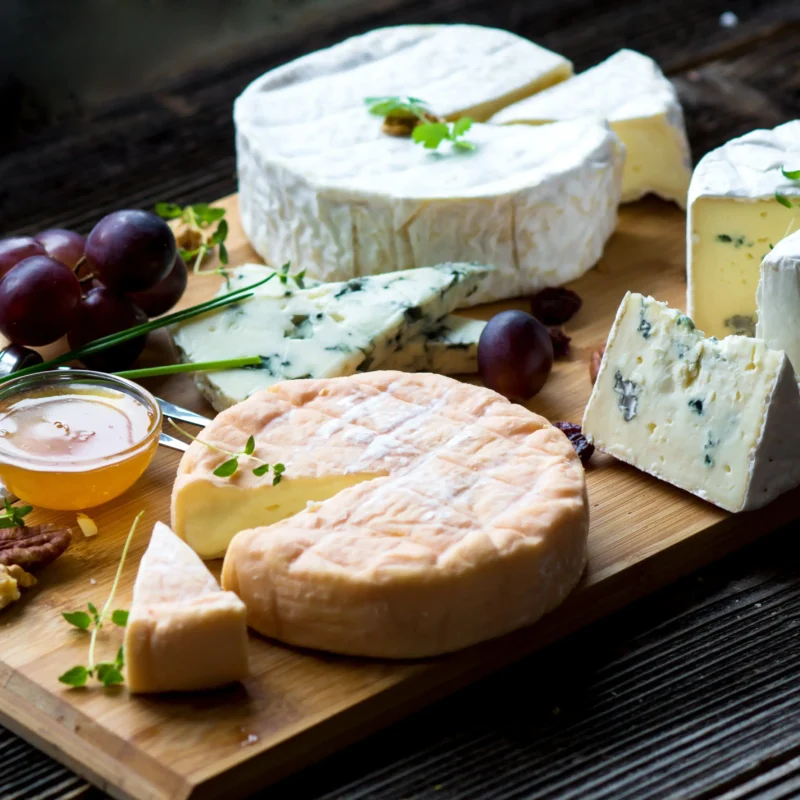

France produces over 1,600 types of cheese, offering a different cheese for each day of the year. Regional varieties are a source of pride. Cheese-making is a revered French tradition, with each region boasting its unique flavours and techniques. From creamy Brie to tangy Roquefort, French cheeses are beloved worldwide. Pairing cheese with wine is an art in France, creating a delightful culinary experience.
7. Anti-Food Waste Legislation


In 2016, France passed a law prohibiting the destruction of edible food. This legislation reflects France’s commitment to reducing food waste and valuing its culinary heritage. Supermarkets are required to donate unsold food to charities, helping to feed those in need and promoting a culture of sustainability. This law has inspired other countries to adopt similar measures, showcasing France’s leadership in combating food waste.
8. Upside-Down Baguette Superstition
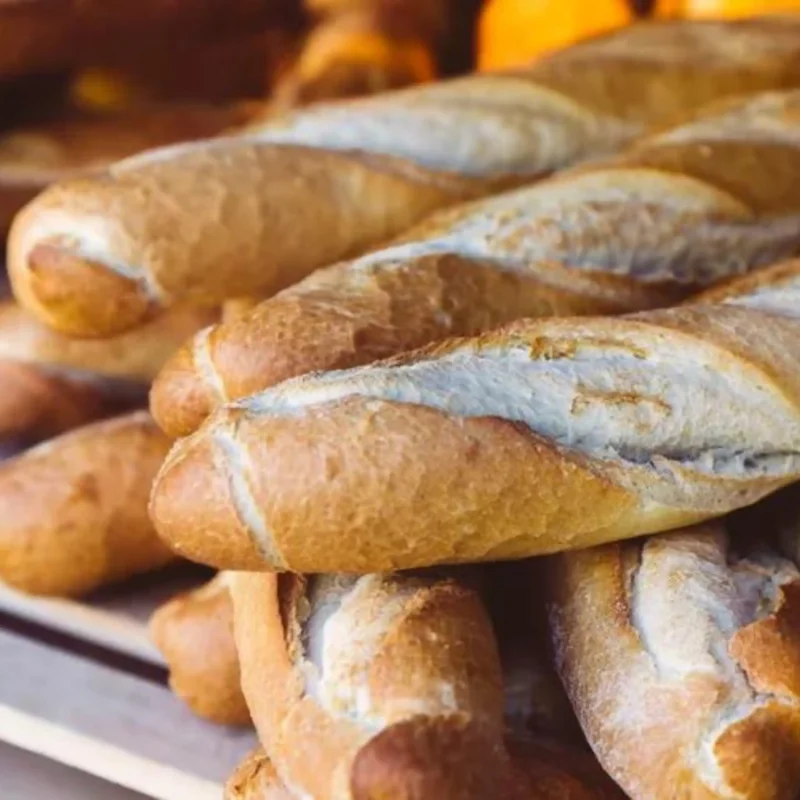

An upside-down baguette is considered bad luck in France. This superstition dates back to medieval times when executioners received bread upside down. It is a quirky yet enduring belief that reflects the deep-rooted traditions in French culture. Today, the sight of an upside-down baguette still raises eyebrows and stirs conversation. The baguette itself is a symbol of French culture, often associated with daily life and tradition.
Explore the most remarkable historical sites in France to visit in 2025, from medieval castles to ancient Roman ruins.
9. Austrian Origins of Croissants


Though associated with France, croissants were invented in Austria. They were introduced to France in the 19th century and have since become a beloved pastry. The flaky, buttery croissant is now a staple of French breakfasts, symbolising the cross-cultural influences that have shaped French cuisine. Enjoying a croissant with coffee at a Parisian café is a quintessential French experience.
10. France’s Extensive Rail Network


France boasts an extensive railway system, including the high-speed TGV. The network spans over 29,000 kilometres and is crucial for domestic and international travel. The TGV, introduced in 1981, revolutionised train travel with speeds of up to 320 km/h. France’s rail network is a model of efficiency and innovation. Train travel is a popular and eco-friendly way to explore the country’s diverse regions.
Experience France, Learn the Language!
Discover hidden gems with our language and culture insights. Explore with us!
11. Historical Ban on Kissing in Stations


In 1910, France banned kissing in train stations to prevent delays. While no longer enforced, the law remains a charming historical quirk. This ban highlights the importance of punctuality in French rail travel and the unique ways authorities have attempted to maintain order. Today, train stations are bustling hubs where romance and practicality often intertwine.
12. Legal Posthumous Marriages


France allows posthumous marriages, a unique legal provision. An example is Étienne Cardiles marrying Police Captain Xavier Jugelé posthumously in 2017. This law, established after World War I, allows couples to formalise their union even after one partner has passed away, reflecting France’s compassionate legal traditions. It underscores the depth of emotional bonds and the country’s unique approach to love and loss.
13. Birthplace of Cinema


The Lumière brothers held the first public film screening in Paris in 1895. This event marked the birth of cinema, cementing France’s role in film history. The brothers’ invention of the cinématographe revolutionised entertainment, and France continues to be a significant player in the global film industry. The Cannes Film Festival, one of the most prestigious film festivals, highlights France’s ongoing influence in cinema.
14. The World’s Most Popular Museum
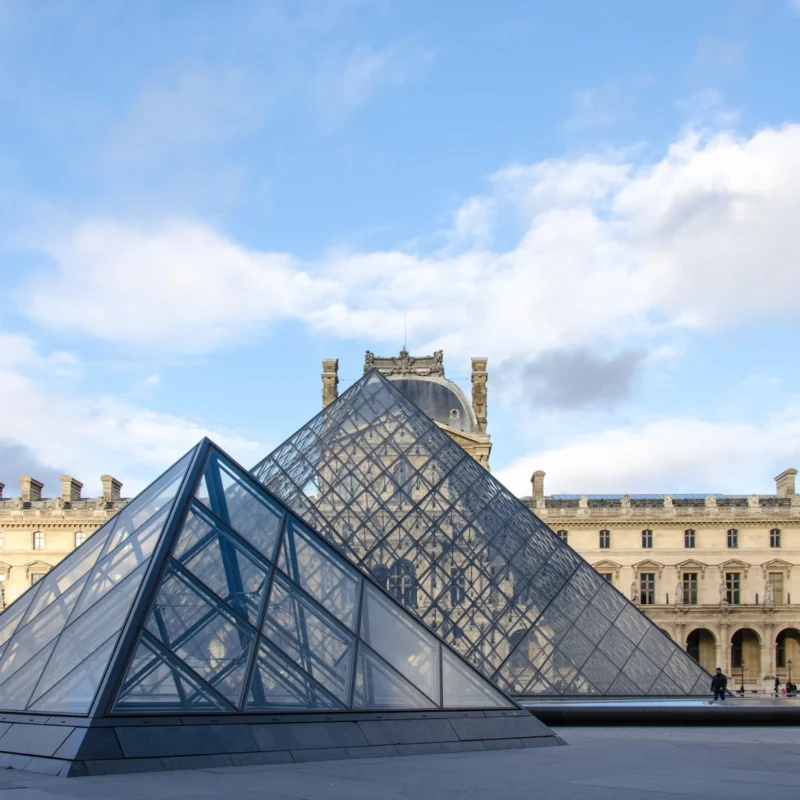

The Louvre Museum in Paris is the world’s most visited museum. Home to masterpieces like the Mona Lisa and the Venus de Milo, it attracts millions of visitors annually. The Louvre’s vast collection spans thousands of years and numerous cultures, making it a treasure trove of human history and art. Its iconic glass pyramid entrance is a modern architectural marvel.
15. Top Tourist Destination


France is the world’s top tourist destination, with over 100 million visitors in 2023. Its diverse attractions, from art and history to cuisine and landscapes, draw tourists globally. France’s rich cultural heritage and natural beauty make it a perennial favourite among travellers. Destinations like Provence, the French Riviera, and the Alps offer unique experiences for every type of visitor.
16. Largest Nation in the European Union
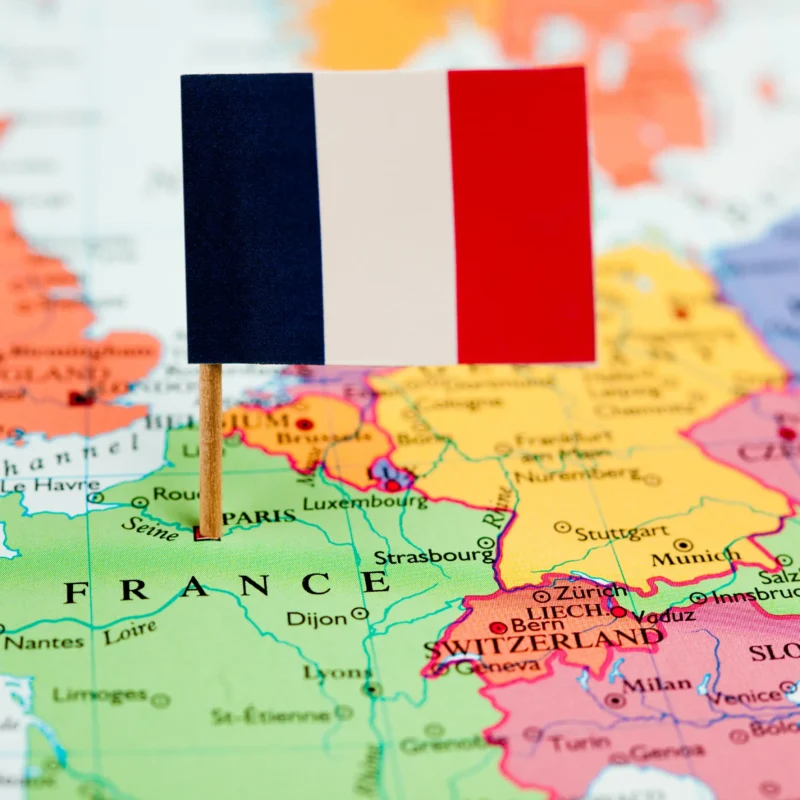

France is the largest country in the EU, covering 640,000 square kilometres. It is larger than Ukraine and Russia but smaller than Texas. This significant landmass contributes to France’s diverse landscapes, from the beaches of the Mediterranean to the rolling hills of the countryside. The country’s size and geographical diversity offer numerous opportunities for exploration and adventure.
17. Origin of Military Camouflage


The French army developed military camouflage during World War I. The term ‘camouflage’ comes from the French word ‘camoufler’, meaning ‘to disguise’. This innovation helped soldiers blend into their surroundings, significantly impacting modern military tactics. Today, camouflage is a standard practice in militaries worldwide, showcasing France’s contributions to military strategy.
18. French Influence on England
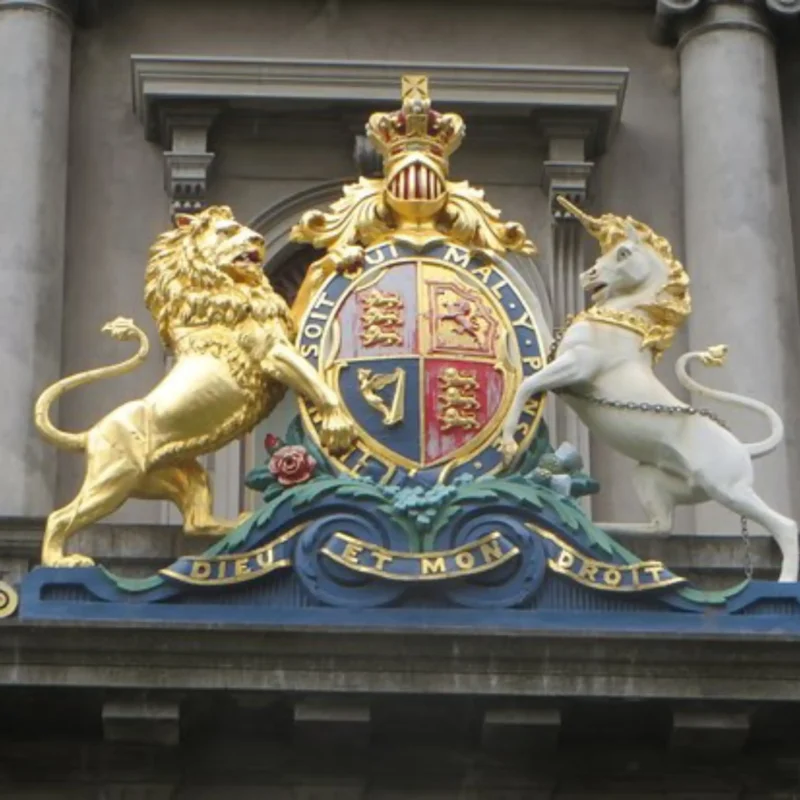

After the Norman Conquest, French became England’s official language until 1352. This influence is still evident in modern English, with many words of French origin. The cultural and linguistic exchange between France and England shaped the development of both nations. This historical connection is reflected in shared words, legal terms, and cultural traditions.
19. France’s Surprising Size Comparison
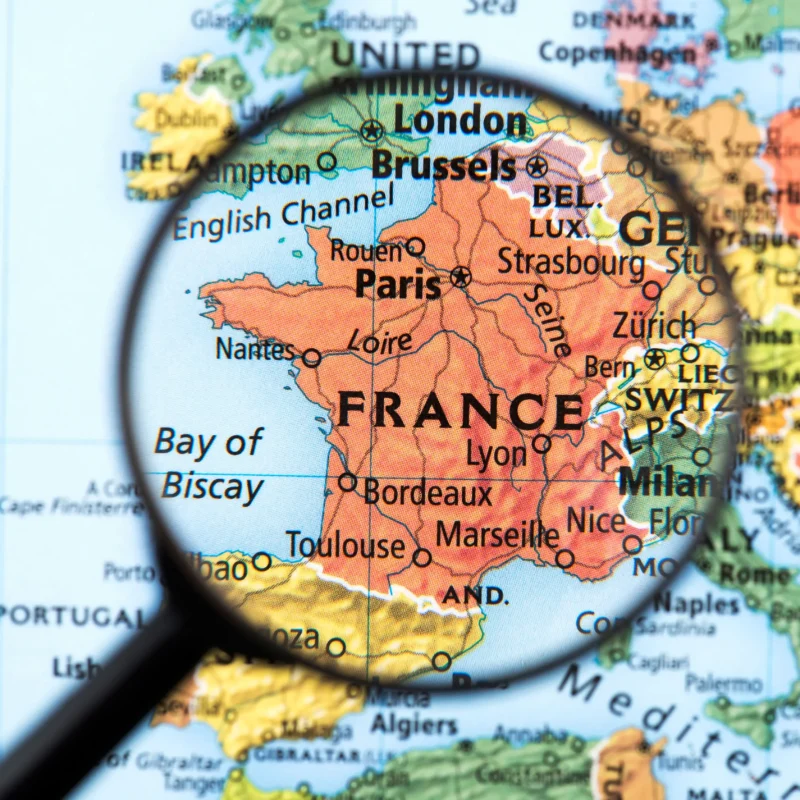

France, the largest country in the EU, is slightly smaller than Texas. This comparison provides perspective on France’s size on a global scale, emphasising its significant geographical presence in Europe. Despite its size, France’s cultural impact and global influence are vast, making it a prominent player on the world stage.
The French Colonization era shaped cultures, economies, and languages worldwide. Explore its impact on history through detailed insights.
Conclusion
France’s unique blend of history, culture, and modern-day significance makes it a captivating destination. From its rich culinary traditions to its historical landmarks, France continues to enchant. Explore France further, whether through travel or learning the language. Discover the many facets of this remarkable country and its enduring global influence. France invites you to immerse yourself in its heritage, taste its flavours, and experience its charm.
Frequently Asked Questions
1. What are 5 fun facts about Paris?
Ans: Paris is home to the Eiffel Tower, originally disliked by many. The city has a network of hidden tunnels called catacombs. Lutetia, the name of the ancient Roman metropolis, was formerly Paris. The Louvre in Paris is home to the biggest art museum on the planet. Lastly, there are more dogs in Paris than children. These fun facts highlight the unique and quirky aspects of the city. If you want to know more about French, join La Forêt French Class.
2. What are 2 history facts about France?
Ans: The French Revolution, beginning in 1789, radically changed France’s political landscape. Napoleon Bonaparte’s ascent and the propagation of revolutionary ideas were caused by this revolution. Also, Joan of Arc, a national heroine, played a crucial role in the Hundred Years’ War, leading France to victory against English forces. People all throughout the world are still inspired by her legacy.
3. What is France’s national flower?
Ans: The iris, specifically the fleur-de-lis, is France’s national flower. It has historical significance and symbolism of French royalty. The fleur-de-lis is associated with French kings and appears in many historical symbols and emblems. This flower represents purity, light, and the strength of the French nation.
4. What is France’s national sport?
Ans: Football (soccer) is considered the national sport of France. The country has a rich football history, including winning the FIFA World Cup in 1998 and 2018. Football is a significant part of French culture, with passionate fans and numerous local and national teams. The sport unites people across the nation, fostering a sense of community and pride.



